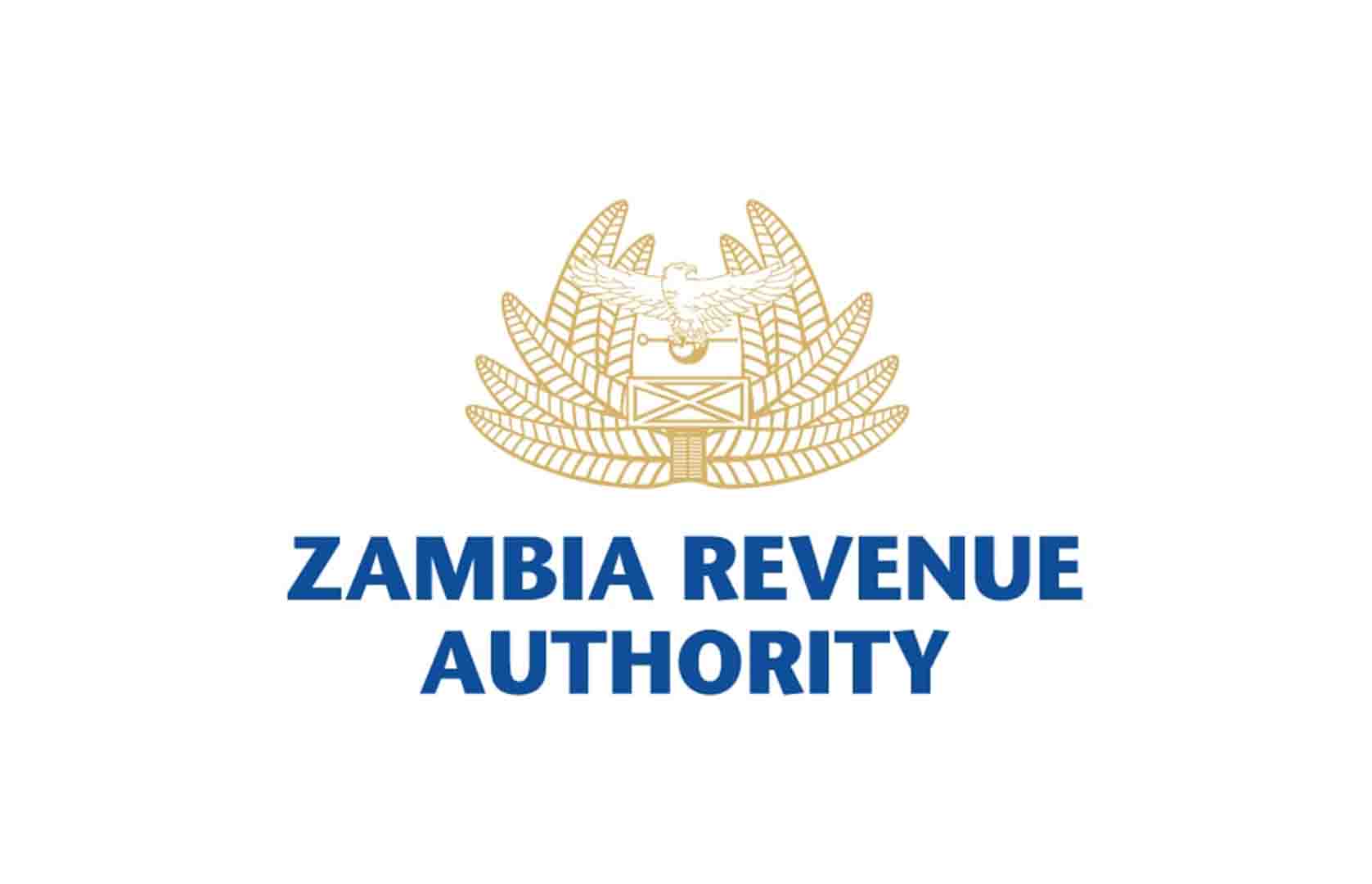The Zambia Revenue Authority (ZRA) has commenced the collection of Value Added Tax (VAT) from transactions made by non-resident electronic service providers.
During the 2024 budget address to the National Assembly, Finance and National Planning Minster, Honorable Dr. Situmbeko Musokotwane noted that the growing digital economy presents an opportunity for Zambia to further expand the tax base and collect more revenue from non-resident suppliers.
“Following the budget pronouncement, Government has passed the necessary legislative framework to support the taxation of services provided by non-resident suppliers,” says ZRA Commissioner General Dingani Banda.
He said the law provides for charging of VAT on Cross-Border Electronic Services under VAT Amendment Act number 27 of 2023 and Statutory Instrument number 18 of 2024 and soon to be published Value Added Tax (General) Rules.
Mr. Banda said the VAT Act empowers ZRA to charge VAT on electronic services supplied to a recipient in Zambia.
“The Act provides that a non-resident person is considered to have made a taxable supply in Zambia, where electronic services are supplied to any person resident in Zambia,” said Mr. Banda.
He said non-resident suppliers are required to register for VAT if the statutory turnover threshold of over K800,000 per annum is met and those that meet the threshold for voluntary VAT registration may choose to do so.
“Under the requirements, non-resident providers of electronic services to non-taxable persons in Zambia are required to account for VAT and submit a VAT return on or before the 25th day of the month following the month in which the service was provided,” said Mr. Banda.
He has reiterated that taxpayers are expected to ensure that they register for VAT, file monthly returns and make payments on time.
Mr. Banda said the obligation as a buyer and consumer of these cross-border electronic services include collecting a receipt, ensuring tax is charged on the receipt, the seller providing their TPIN to the suppliers among other important aspects.
“This development is one of the steps Zambia is making towards collecting taxes from the digital economy and the applicable rate of tax on supplies is 16%,” said Mr. Banda.
By Michelo Hachizibe.




